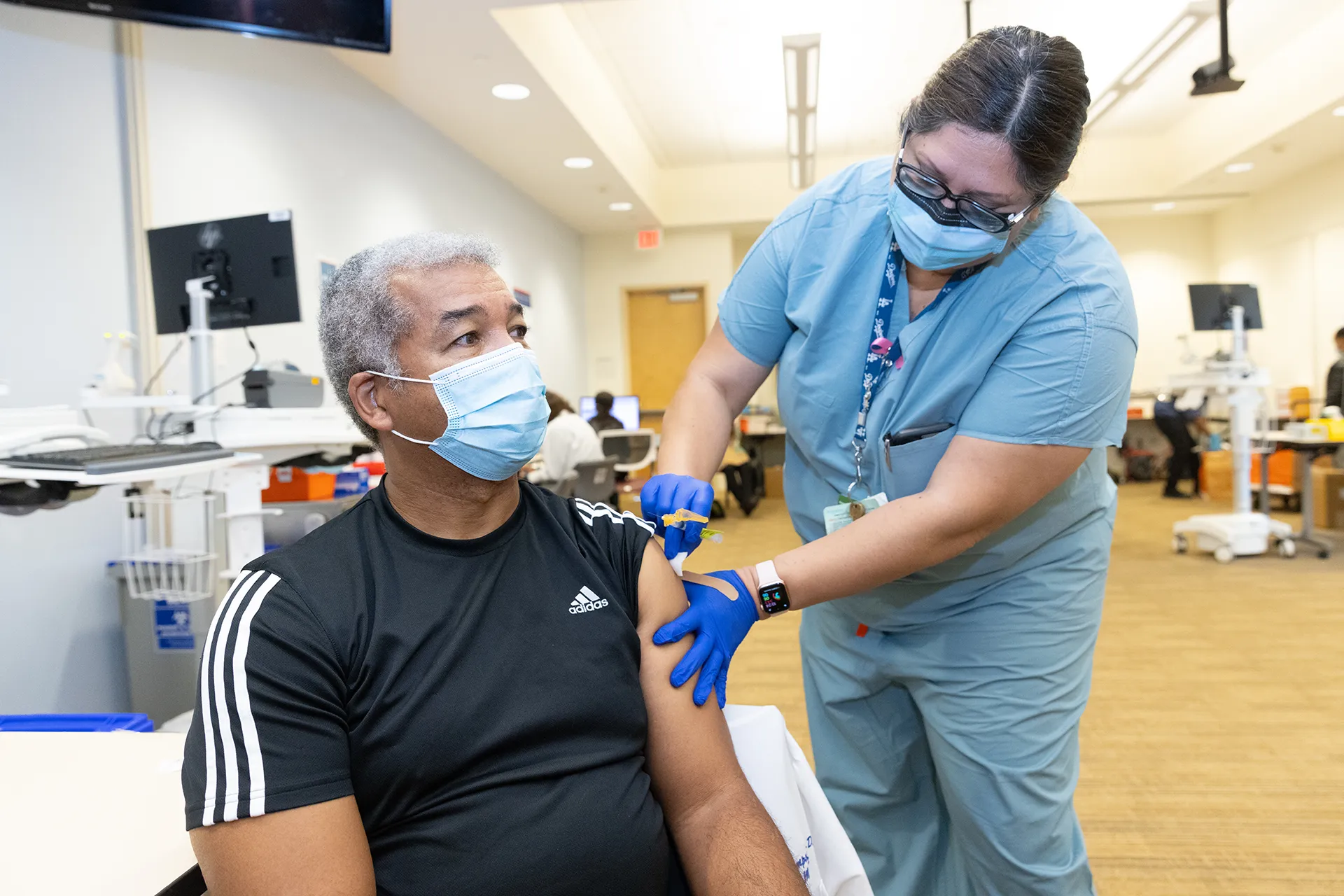Investigators in the Division of Research have a long history in the study of emerging and chronic infections, with studies on cervical cancer screening and human papillomavirus (HPV) vaccination; the treatment, care, and outcomes for people with human immunodeficiency virus (HIV); as well as tuberculosis, vaccine-preventable diseases, and SARS-CoV-2 and COVID-19.
HIV/AIDS
Researchers in the infectious diseases section focus on HIV prevention, linkage and retention in care, tolerability of antiretroviral therapy, and outcomes, including the risk of age-related comorbidities such as cancer and cardiovascular disease.
Human Papillomavirus
DOR researchers focus on cervical cancer prevention and the epidemiology of other HPV-related cancers, including anal and oropharyngeal cancers.
COVID-19
DOR investigators have been active in evaluating treatments for COVID-19 disease, along with tracking hospital care and other trends for these patients. They have also been involved with COVID-19 vaccine development, effectiveness evaluation, and safety surveillance.
Tuberculosis
DOR investigators are working to improve identification, diagnosis, prevention, and control of tuberculosis disease and latent infection.
Vaccine Study Center
The Vaccine Study Center (VSC) helps ensure that the nation’s vaccines are safe and effective by conducting research to advance scientific understanding of vaccines at all levels of development.
Publications
Research published by Infectious Diseases investigators.
Studies
Research projects by Infectious Diseases investigators.














